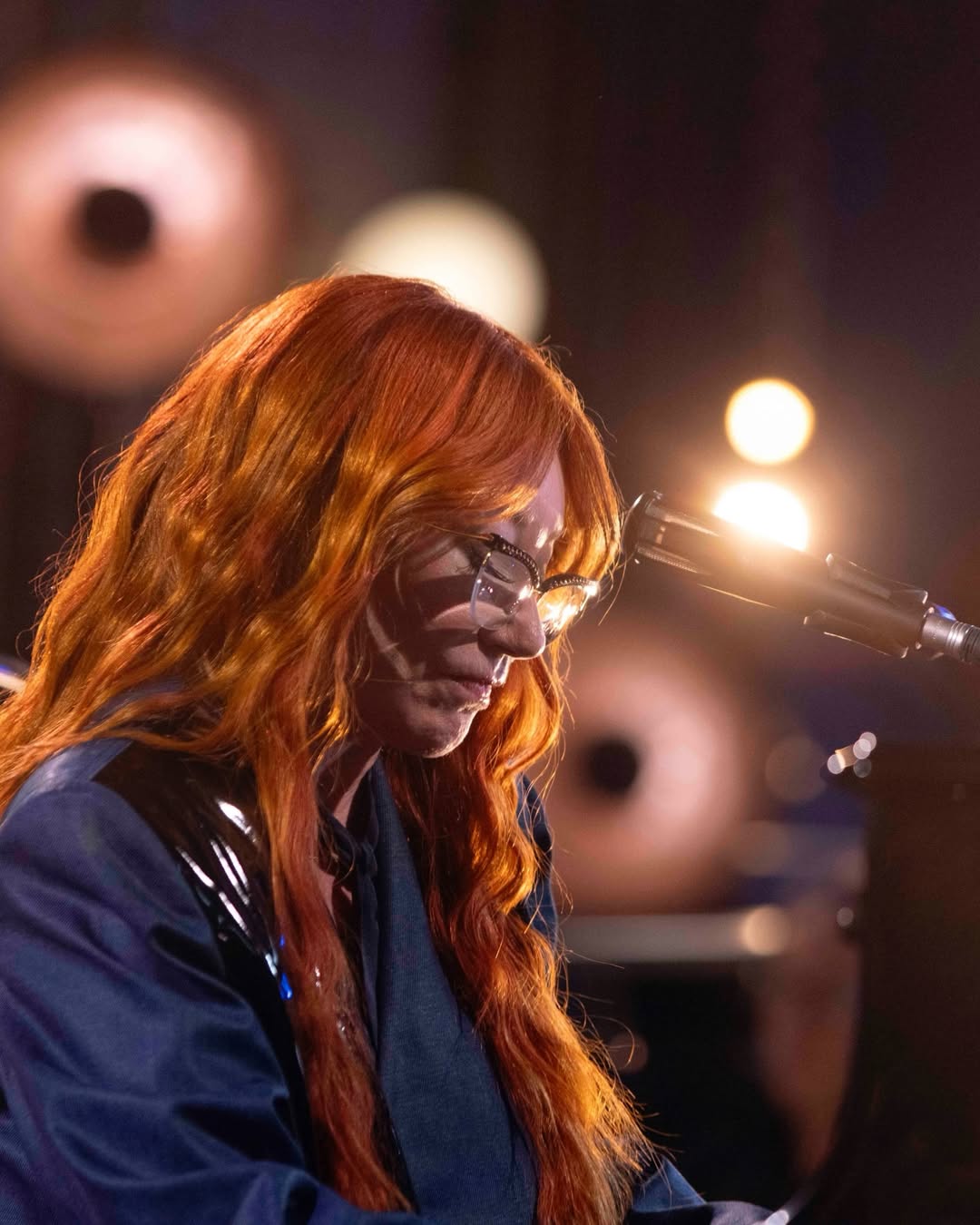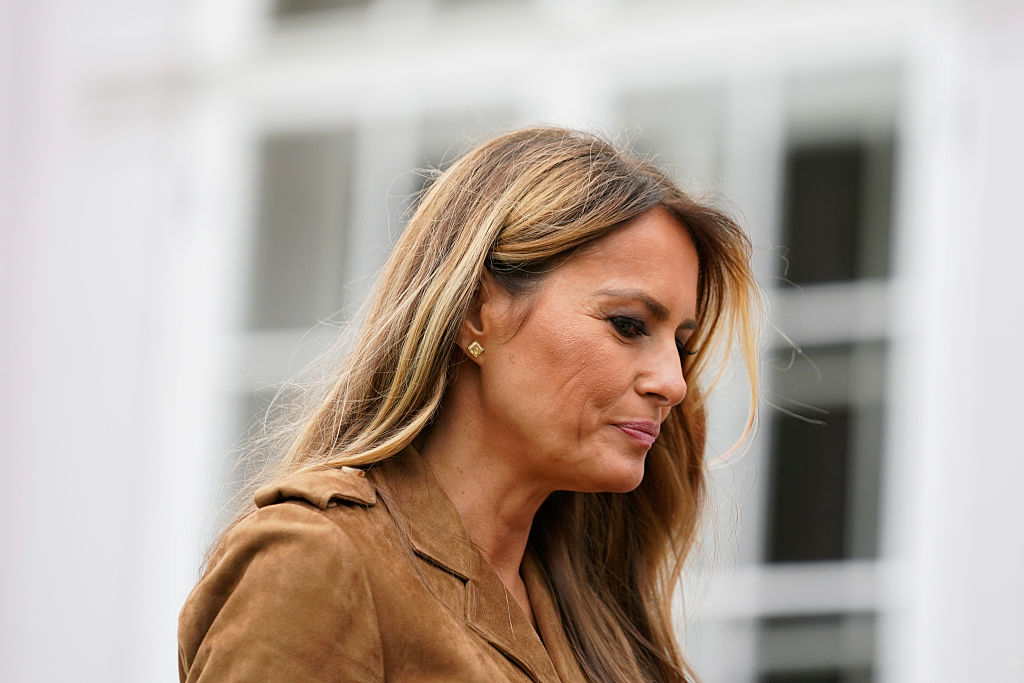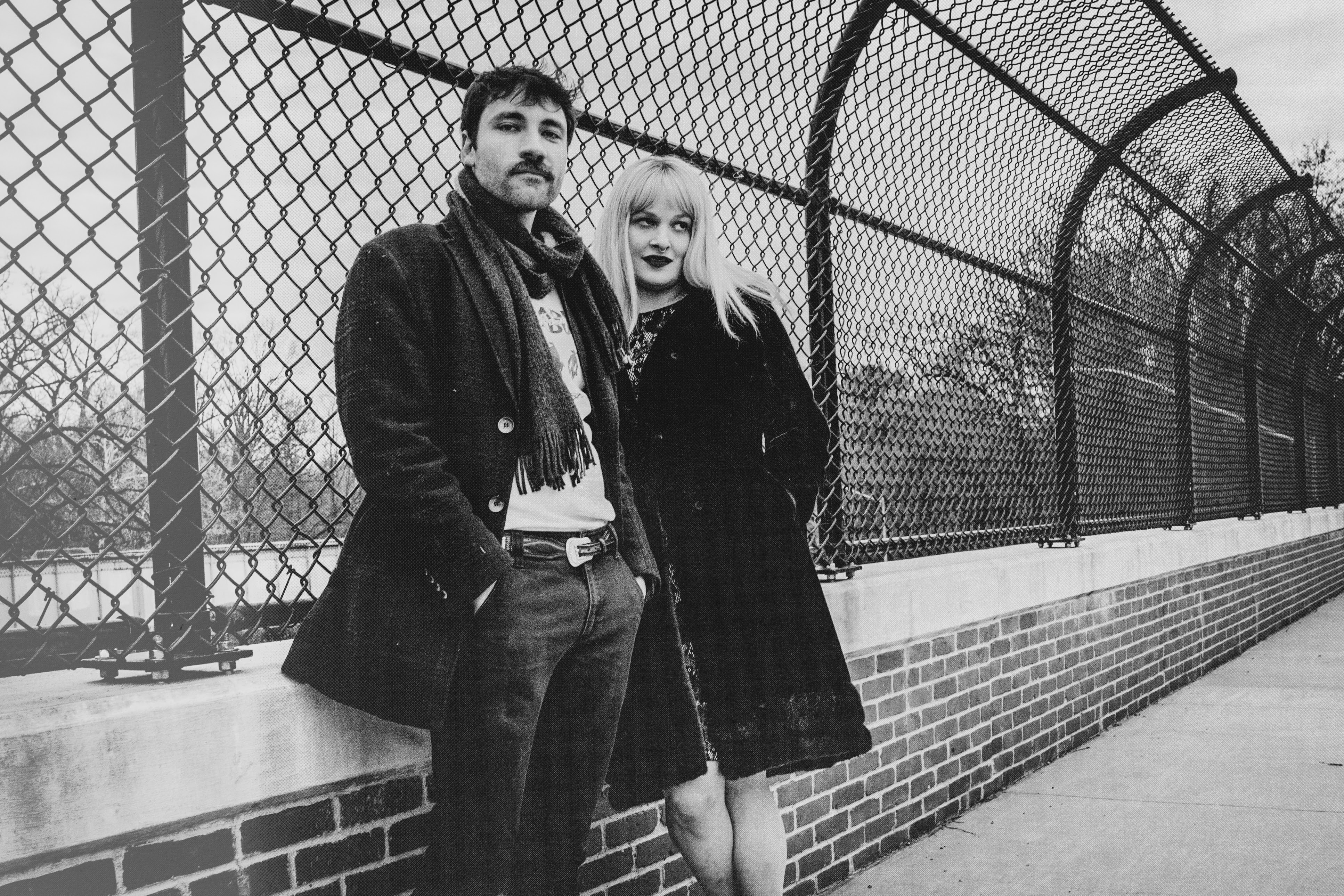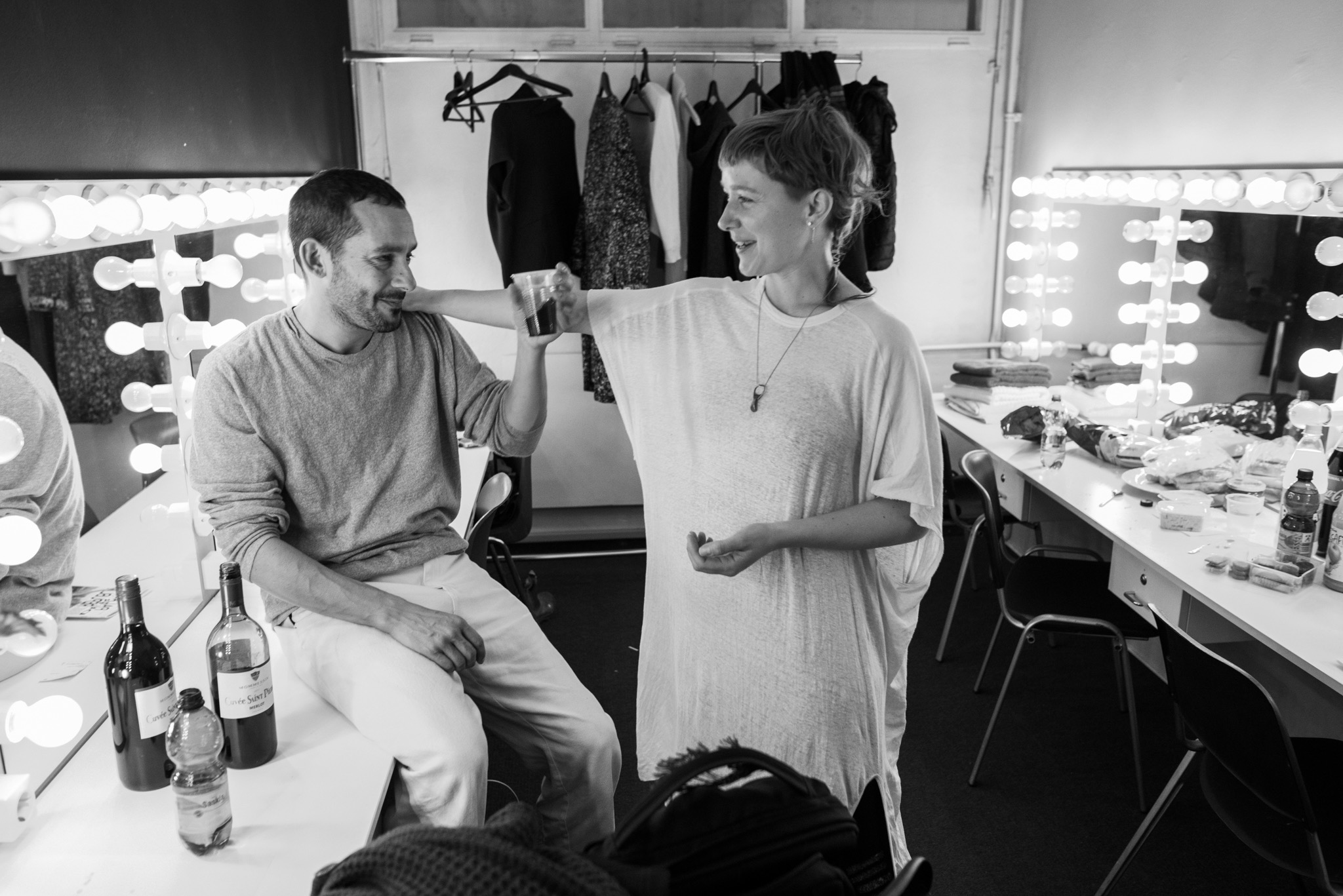UPDATE (7/19): Cornelius has stepped down from his position as a composer for the Tokyo Olympics opening ceremony following the criticism of his past actions of bullying. "I sincerely accept the opinions and advice I have received, express my gratitude, and will keep them in mind for my future actions and thoughts," he wrote in a statement on his social media accounts, per Associated Press. "I apologize from the bottom of my heart." It's unclear what, if anything, about the opening ceremony -- which will take place at the end of the week -- will change without Cornelius' immediate involvement.
//
Keigo Oyamada, the Japanese experimental musician better known as Cornelius, issued an apology over the weekend for past instances of bullying after it was announced that he had composed parts of the soundtrack for the Tokyo Olympics opening ceremony.
Soon after his involvement in the games was revealed, quotes from interviews that Oyamada conducted in 1994 and 1995 started to make the rounds in which he discussed the abuse he inflicted on his classmates, several of whom had disabilities, while in school. In those interviews, Oyamada said that he once forced a child to eat his feces and masturbate in front of other students; he also recounted an incident in which he trapped someone in a cardboard box and made him struggle for air by pouring chalk inside.
In his statement (as translated by Arama Japan), Oyamada wrote: "I sincerely apologize to my classmates and their parents who have been hurt by my words and actions, and I feel deep regret and responsibility for not being a good friend in school life, which is supposed to make good memories, but being in a position to hurt them."
Organizers for Tokyo 2020 told The Guardian that they had been unaware of Oyamada's past actions and remarks but said that they hoped he would continue with his participation in the opening ceremony. "He is sorry for his past actions and he has said that he wants to act with higher moral standards," chief executive Toshiro Muto said. "It’s true that the organising committee was not aware of what Oyamada had done, but we have heard his apology and are hoping that he will continue to contribute to the Tokyo Games."






